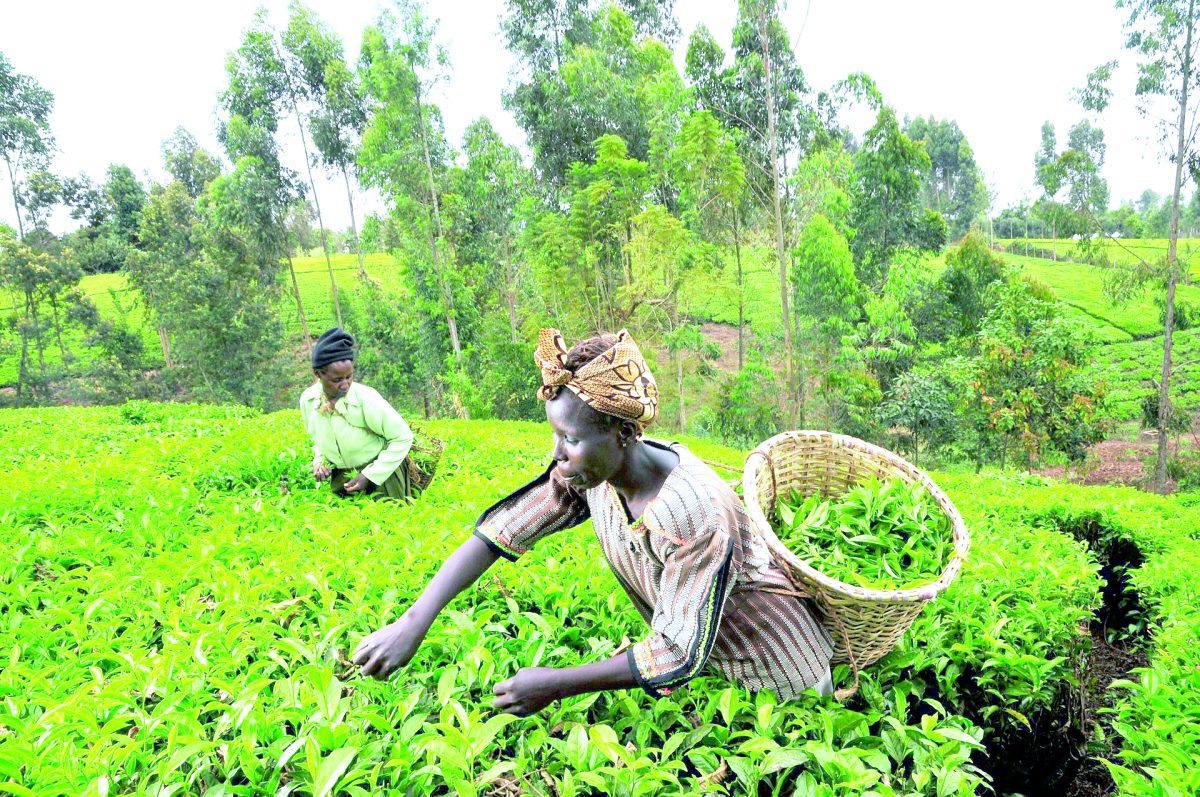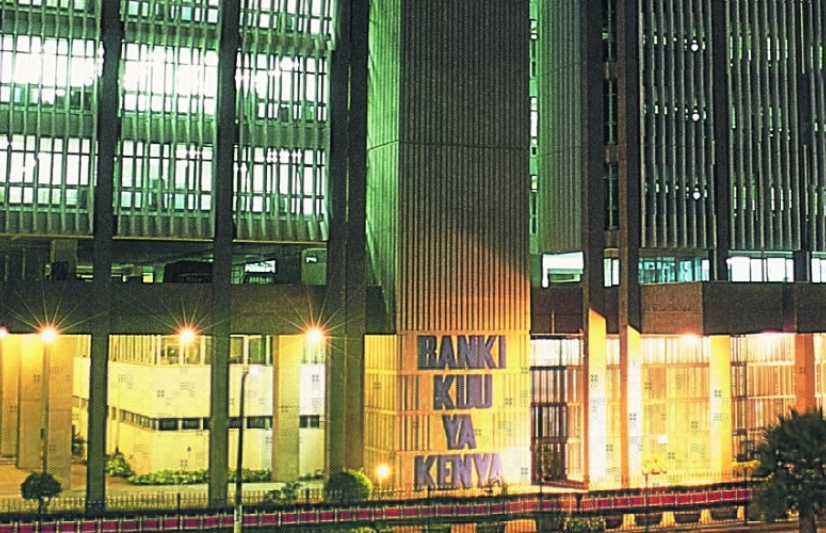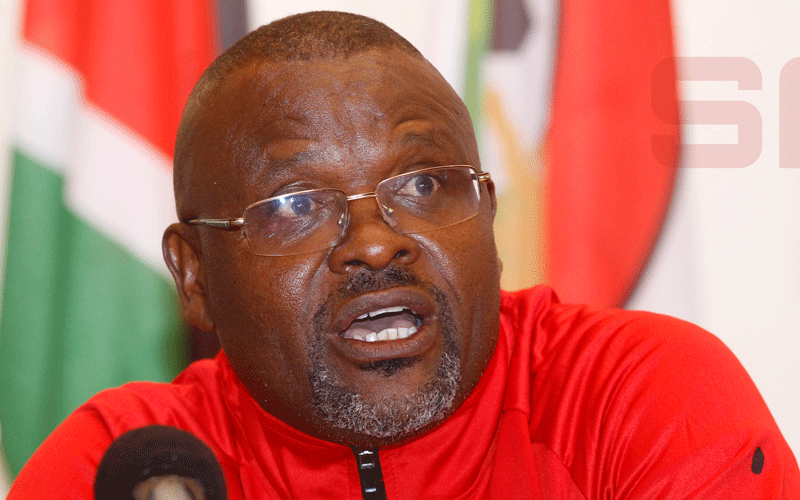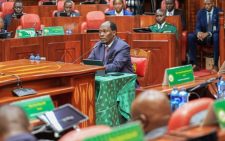Agriculture’s poor performance slows economic growth

Central Bank of Kenya (CBK) has warned that the agriculture sector is dragging economic growth having registered negative growth in two consecutive quarters.
The sector, widely touted as the backbone of Kenya’s economy, has been performing poorly unlike the industry and services sectors which post commendable growth.
In the first two quarters of 2022, the agriculture sector posted a negative growth of -0.7 per cent and -2.1 per cent respectively, according to data from the Kenya National Bureau of Statistics (KNBS).
According to the Monetary Policy Committee (MPC) agriculture survey carried out in July 2022, the agriculture sector plays a key role in Kenya’s economy accounting for 20 per cent of the country’s GDP.
The negative growth is expected to continue for the rest of 2022 with Quarter 3 growth estimated to be -1.9 per cent.
Negative growth
Worse still, annual growth for the agriculture sector this year is projected to be -0.9 per cent, a poorer performance than the -0.2 per cent the sector posted in 2021.
Central Bank Governor, Patrick Njoroge noted that whereas industry and service sectors of the economy are doing well, agriculture has consistently posted negative growth since 2021.
“The interesting one is agriculture which is the one that was dragging the rest of the economy. In terms of growth in Q2, you can see it was a decline of -2.1 per cent. We actually have been projecting a stronger growth in this sector,” he said.
In the first quarter of 2022, Kenya’s real Gross Domestic Product (Real GDP) posted an impressive growth of six per cent with the industry and services sectors growing at 5.5 and 9.2 per cent respectively.
In the second quarter, the country’s economy (real GDP) grew at 5.2 per cent with the industry and services sectors growing at 5.6 and 7.7 per cent respectively.
Economic resilience
KNBS projections estimate that in the third quarter of 2022, the economy will grow at 4.7 per cent with industry and service sectors growing at 4.1 and 6.5 per cent respectively.
Despite agriculture’s poor performance, Njoroge said he still expects the economy to post an impressive annual growth of 5.6 per cent this year because the economy is resilient and well-diversified.
“Bottom line is that we expect on an annual basis for 2022 to have the outcome at around 5.6 per cent of GDP. This is quite a strong bearing in mind that there were elections in August and also the pressures from international sources,” he said.
Njoroge who spoke during a Monetary Policy Committee briefing held Thursday last week said the country’s economy is expected to grow by 6.1 per cent of GDP in 2023, subject to future revision.
Development economist, Timothy Njagi, attributes the sector’s poor performance to economic shocks and little stakeholder support.














